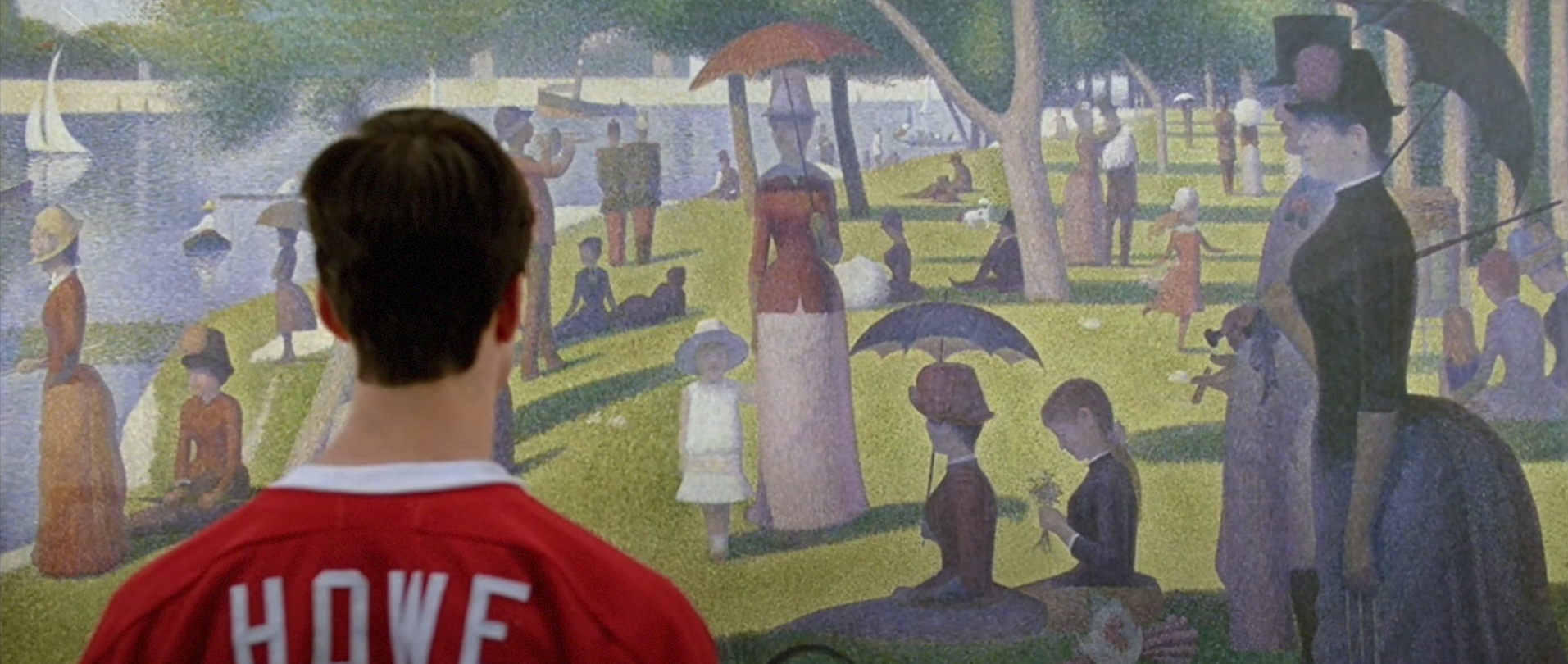Overgeneralizing
/The problem with being pattern-seeking creatures is that we are also pattern-creating creatures. Seeing where things repeat allow our minds to chunk information and process the world around us faster. This is why you may not remember every detail of your morning commute, or atht uoy anc daer hte amnedirer of htis nectsnee twhi diazrmneod tlteers.
Our minds are exceptional at capturing the gist of what’s happening because we would otherwise be dragged down with sensory inputs. That is, to simplify to the extreme, the problem faced by those with autism. Autism Speaks has an excellent breakdown of what sensitivities an autistic person may have, and it is worth noting how focused these minds can be on a particular aspect of life. I met a young man several years ago at a local Special Olympics events. He was unable to tell me his name or how he felt, but when I asked him for the square root of 72,569 he said “269.3863” faster than I could input the function into the calculator he carried.
That is an astonishing feat of mental gymnastics, but it comes with obvious drawbacks. Humans, by and large, are best served as generalists. We don’t notice this just as fish don’t notice they swim in water. Only by observing those who see the world differently do we understand how a flexible mind is also the most adaptable mind to novel situations. The cost of being a generalist is that we are primed to overblow singular events into much wider and terribly inaccurate predictions. Which is why overgeneralization is a common cognitive distortion in CBT.
Overgeneralization is seeing one data point and extrapolating that to eternity:
The stock it hot, it will never go down! [Enron]
What an amazing executive board, this company cannot fail! [Theranos]
I made a mistake at work, I will never be successful! [Me on a fairly regular basis]
There is a fantastic scene in Ferris Bueller’s Day Off where Cameron, played by Alan Ruck, stares at “A Sunday on La Grande Jatte - 1884” for a really long time. Every time the camera flips to the painting, the viewer gets closer and closer to each individual dot of color on the canvas. At that point, it is impossible to see anything meaningful. One green dot could make up a tree, a blade of grass, a leaf, or a piece of clothing, but up close it is just a green dot. Meaningless without other dots to create a scene.
Sticking with this art theme, I’m pleased to share one of my favorite YouTube channels with my audience. Baumgartner Restoration produces wonderful videos about fine art restoration across a variety of genres. I got into these videos at first because they were incredibly soothing and then I became fascinated by the conservator’s method of retouching. Julian’s entire objective is to use the least amount of new paint to preserve the intent of the original painter. With a skilled-enough conservator, the brain generalizes over the damage, but Julian states: "of course, if you really comb over a painting with a magnifying glass and a very critical eye, you can always spot the damage. That's kind of a universal truth. But, if you take a step back, and you look at the painting as a whole, are you able to see the image, and not the damage?"
Most of us have trouble not seeing patterns. This in turn leads many of us to extrapolate successes and failures far beyond what an event truly signifies. Sometimes a dot is just a dot, but we forget about that in the course of our lives because of how good we are at generalizing.
A single dot does not hide damage, nor does a single misplaced dot ruin the entire painting. Same with how we spend and review our days. I actively work against my tendency to overgeneralize because too much of that can lead me into a depressive spiral. For example, two weeks ago I missed two days of work due to a bacterial infection. Not fun, but I overgeneralized for the next week that I was a poor and unreliable employee because I caught a bug. I beat myself up for something that is completely natural because I focused on one bad dot - “I missed work,” and not a collection of dots:
Sickness is normal
Taking sick leave is normal
Being sick in 100 degree Georgia heat would hurt my crew more than help them
One or two days does not define my entire career
I refuse to end this piece with the admonition to “see the forest and not the trees.” As there are times in life when you need to be zeroed-in on exactly what you are doing or thinking, and other times when stepping back is crucial to moving forward. Instead, I’ll close with a quote by one of my favorite authors, Robert Heinlein:
A human being should be able to change a diaper, plan an invasion, butcher a hog, conn a ship, design a building, write a sonnet, balance accounts, build a wall, set a bone, comfort the dying, take orders, give orders, cooperate, act alone, solve equations, analyze a new problem, pitch manure, program a computer, cook a tasty meal, fight efficiently, die gallantly. Specialization is for insects.




